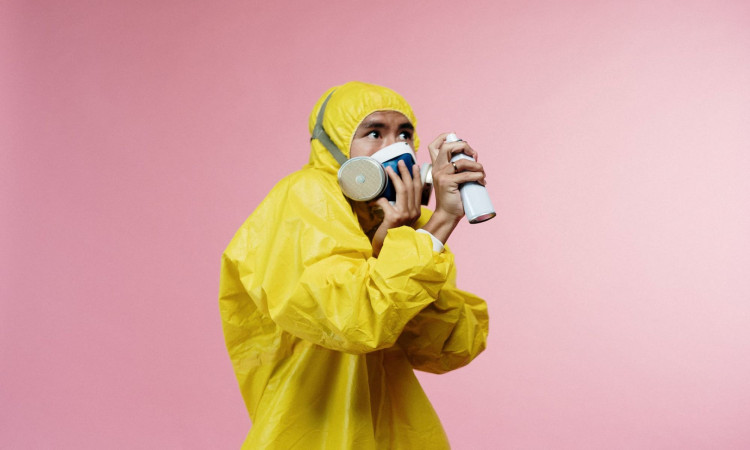To protect oneself from the virus, people should wash their hands frequently, maintain at least 1 meter or 3 feet between other people, and not go to crowded places, as shared by the World Health Organization. But did you know that aside from these tips, sanitizing surfaces that you and your family often touch can help big time too?
Some recent studies reveal how the coronavirus can live on surfaces for hours or even days, depending on the material of the surface and the humidity and the temperature of the place. The longer the virus stays on surfaces, the higher the risks of it infecting you and your family too.
A research that was published on April 2 and was posted on the journal The Lancet showed where the virus can last the longest-on surgical masks, plastic, and steel. The coronavirus can live on those surfaces even up to seven days.
It is important to sanitize your things and surfaces often. But what are the things to remember when doing so?
YOU SHOULD HAVE THE BEST AND THE MOST EFFECTIVE SOLUTIONS TO USE
You might think that your disinfectant can help you be protected. But unfortunately, experts say not all solutions can kill the coronavirus. Researchers say only those that contain ethanol alcohol of about 62% to 71%, sodium hypochlorite of about 0.1%, and hydrogen peroxide of about 0.5% or more are best to use.
DO NOT USE HAND SANITIZER IN SANITIZING YOUR SURFACES
Sanitizers, unlike other bleach and disinfectants, have a low percentage of alcohol, making it ineffective when it comes to disinfecting surfaces. So it is never wise to use the sanitizer you use in your hands to clean your table and other surfaces especially if it is exposed to someone who has been tested positive of the coronavirus. To be sure, better use "surface disinfectants" instead of using these sanitizers, as advised by Yahoo.
KEEP YOUR HOUSE/ROOM'S TEMPERATURE WARM
The coronavirus is protected by a viral envelope, which could harden once exposed to cooler temperatures, making the virus more invincible. But once the temperature is warmer, this fat layer tends to dry out, which eventually could kill the virus. Experts say an increase of 4 degrees Celsius in the temperature could already cause a drop in its lifespan of about one day.
Given this reason, it is crucial to keep your environment warm. Refrain from using air-condition and better to let natural air roam freely around your house.






